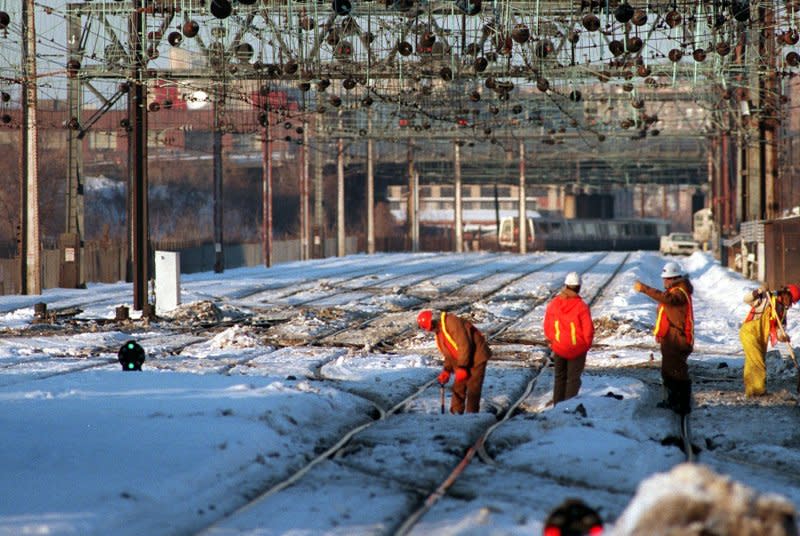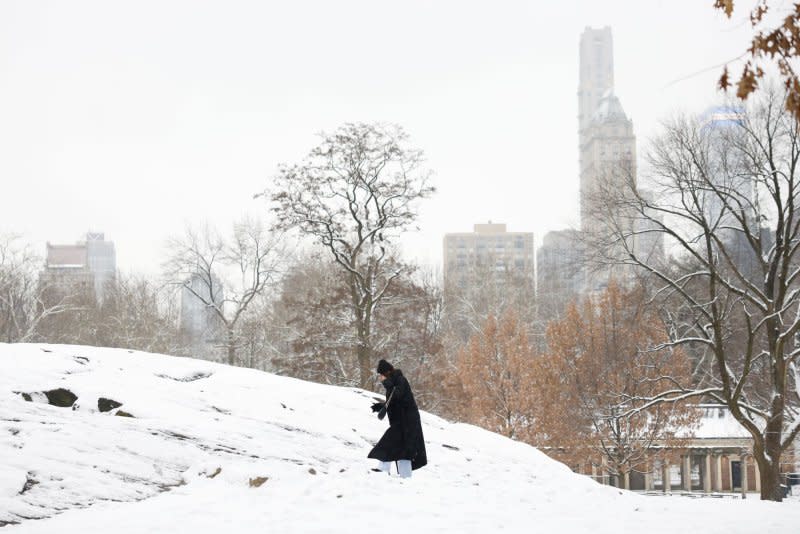Winter weather forces Amtrak to cancel dozens of trains in Northeast Corridor

Jan. 18 (UPI) -- Severe winter weather has forced Amtrak to cancel more than a dozen trains in the Northeast Corridor as bitter cold and snow continues to pummel the nation.
Trains from Boston and Washington, D.C., could not make the trip to New York Thursday, snarling travel plans for commuters, who were left with few alternatives, Amtrak said.
Some stranded and agitated commuters told CBS News they were looking into other options, including the Northeast Regional line. But so were lots of other affected commuters, which created even more headaches when that option became overloaded.
Trains outside the corridor were affected, too, including the Maple Leaf, which typically runs between Albany and Toronto. The weather also diverted the Lakeshore Limited and Empire Builder.
Amtrak promised riders who were affected by the train cancellations that it would accommodate travelers on different trains and routes with similar departure times, but later said that could possibly be a day later, leaving passengers stranded and forced to seek alternative travel.

Aside from bringing scheduling problems, Amtrak said the snow and cold take can take a toll on the Acela trains, too, by affecting the trains' electrical and mechanical systems and components. The Aclea is known for its aerodynamics and speed, but that design invites problems, according to a 2015 article in Wired magazine.
That's because they have engines in the front and the back of the train.
"When the front part of the train kicks up all the powder, the back engine sucks it in, where it thaws," Amtrak spokesperson Craig Schulz said in the article. "That can short out major components."
There is more snow and freezing temperatures on the way in the Northeast.
"A reinforcing shot of cold air and a renewal of lake-effect snow are in store into the weekend," said AccuWeather meteorologist Brandon Buckingham. "This follows what has been the coldest stretch of days so far this winter for residents of the Great Lakes and Northeast."

